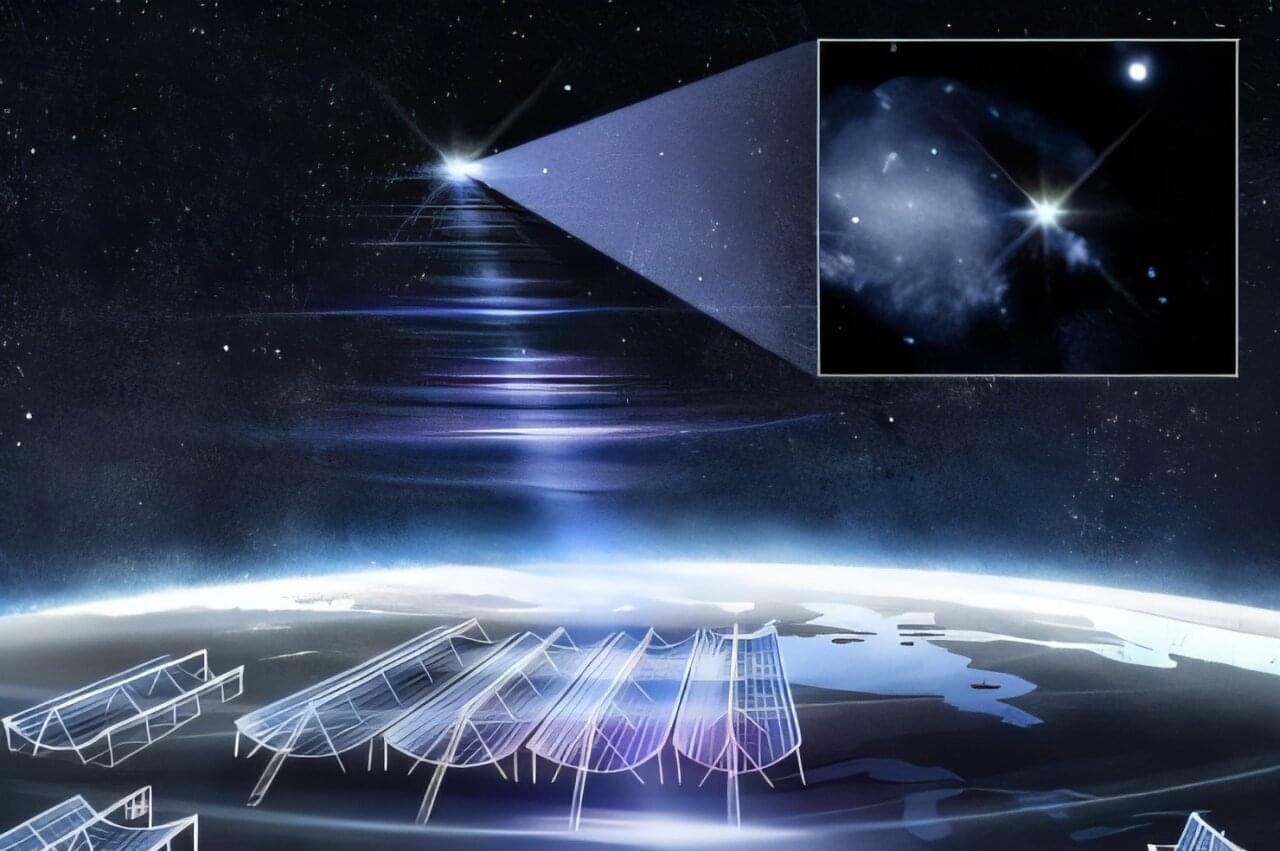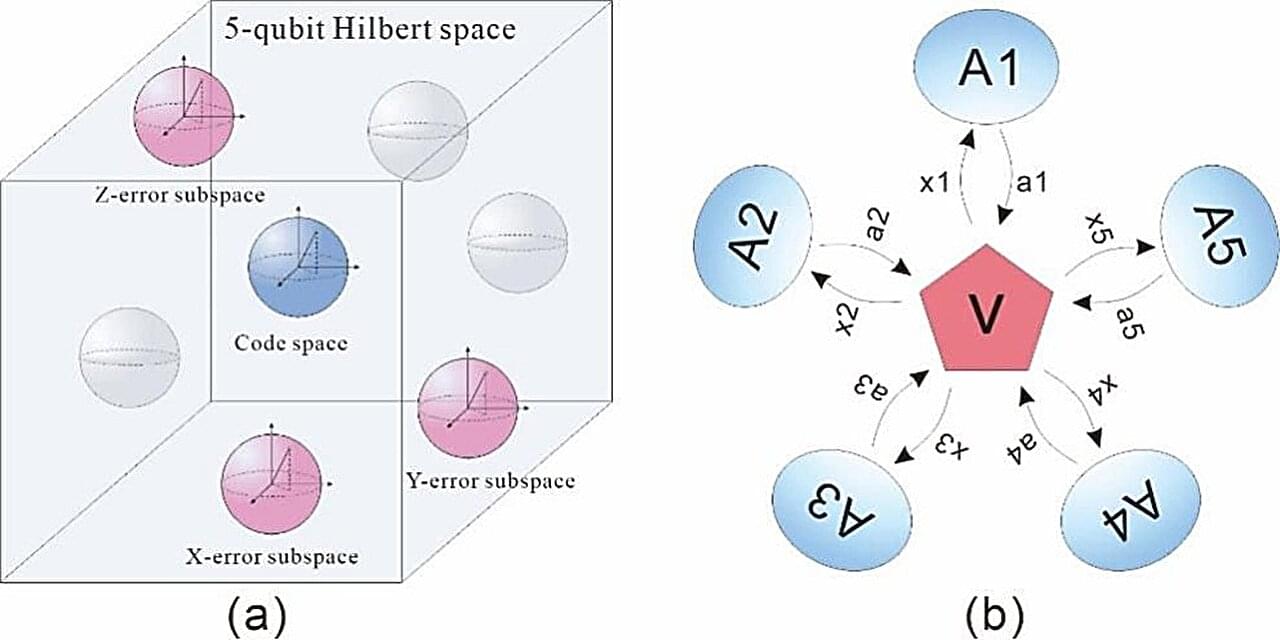Gravity has always shackled industry, but orbit frees us to build in ways Earth never allowed. This episode explores the rise of orbital foundries and the industries they unlock.
Support us on Patreon: / isaacarthur.
Support us on Subscribestar: https://www.subscribestar.com/isaac-a… Group: / 1,583,992,725,237,264 Reddit:
/ isaacarthur Twitter:
/ isaac_a_arthur on Twitter and RT our future content. SFIA Discord Server:
/ discord Credits: Orbital Foundries & Zero-G Manufacturing: Building in Space Written, Produced & Narrated by: Isaac Arthur Graphics: Jeremy Jozwik, Ken York, Udo Schroeter Select imagery/video supplied by Getty Images Music Courtesy of Aerium, Stellardrone, Chris Zabriskie, and Epidemic Sound http://epidemicsound.com/creator Chapters 0:00 Intro 1:24 Why Manufacture in Space? 6:15 Near-Term Zero-G Manufacturing Efforts 12:08 Mid-Term: Orbital Foundries and Industrial Expansion 18:47 Patreon 19:10 Long-Term: True Orbital Foundries and Gigascale Production 25:38 Far Future: Manufacturing Planets, Stars, and Beyond 30:10 From Tiny Threads to Stellar Foundries.
Facebook Group: / 1583992725237264
Reddit: / isaacarthur.
Twitter: / isaac_a_arthur on Twitter and RT our future content.
SFIA Discord Server: / discord.
Credits:
Orbital Foundries & Zero-G Manufacturing: Building in Space.
Written, Produced & Narrated by: Isaac Arthur.
Graphics: Jeremy Jozwik, Ken York, Udo Schroeter.
Select imagery/video supplied by Getty Images.
Music Courtesy of Aerium, Stellardrone, Chris Zabriskie, and Epidemic Sound http://epidemicsound.com/creator.
Chapters.
0:00 Intro.
1:24 Why Manufacture in Space?
6:15 Near-Term Zero-G Manufacturing Efforts.
12:08 Mid-Term: Orbital Foundries and Industrial Expansion.
18:47 Patreon.
19:10 Long-Term: True Orbital Foundries and Gigascale Production.
25:38 Far Future: Manufacturing Planets, Stars, and Beyond.
30:10 From Tiny Threads to Stellar Foundries.








